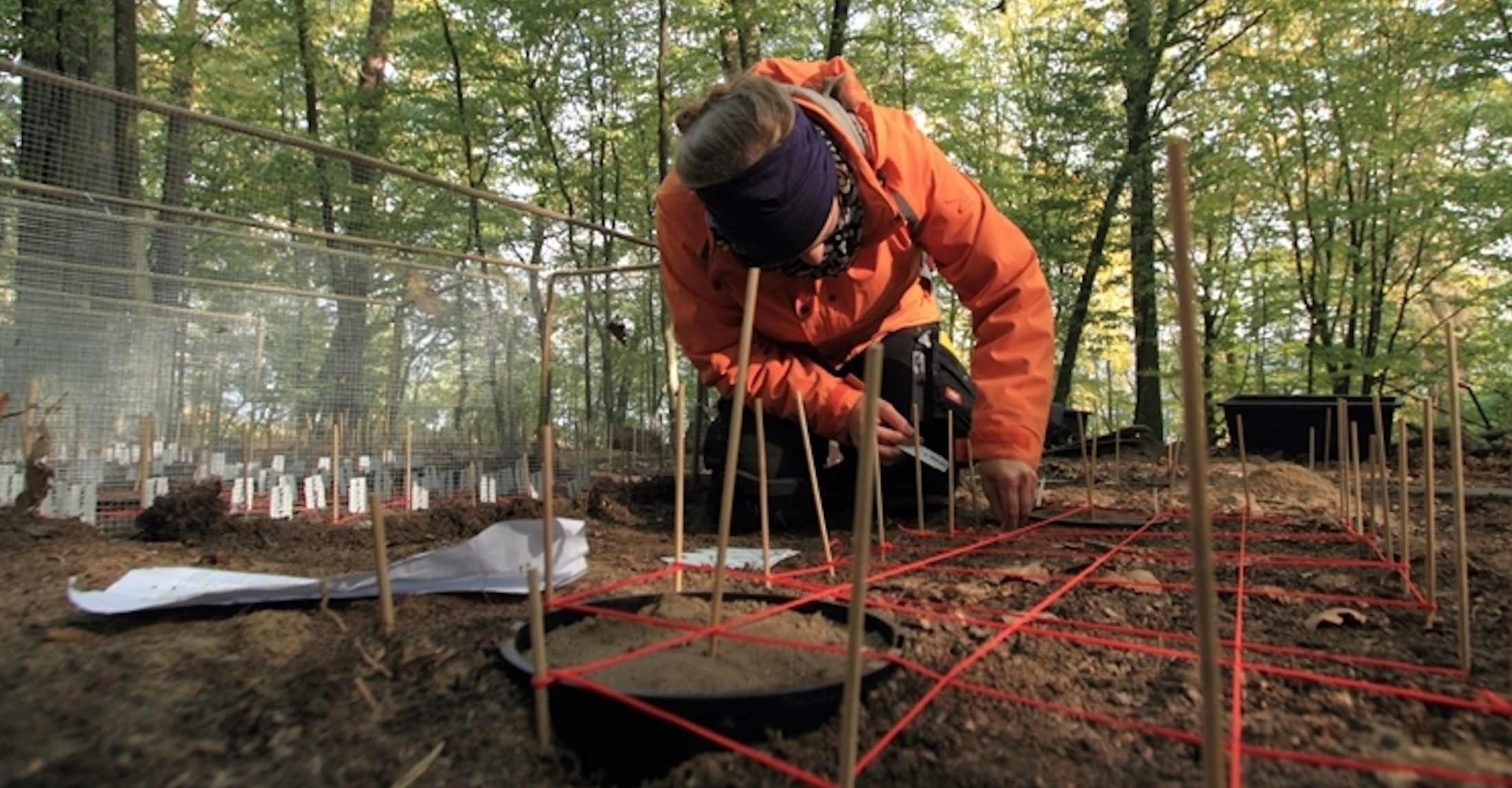The Research Training Group’s proposal was successful due to its integrative approach and previous success. The integrative approach is based on a network of researchers with complementary areas of expertise. During the first phase of funding, which lasted up until the end of September 2019, ten internationally recognised research groups from the University of Greifswald’s Zoological Institute and Museum, the Institute of Botany and Landscape Ecology and the Institute of Microbiology worked together closely. Further collaboration took place with renowned external research institutions such as the Max Planck Institute for Demographic Research, the ETH Zurich and the University of California, Berkeley. This provides RESPONSE’s 26 doctoral students with excellent research opportunities and outstanding training and working conditions. They are able to develop their competencies in a structured training programme, which comprises individual research projects, formal tuition and interdisciplinary qualifications. Tailor-made career development plans and intensive mentoring strengthen the career chances of the participating early-career researchers.
‘Due to our holistic approach, the doctoral students who took part in this research training group during the first phase of funding have published more than 50 scientific articles, some of which were found in internationally recognised journals,’ reports Prof. Dr. Gerald Kerth (speaker of the research training group). He adds: ‘At the same time, they successfully completed their doctoral theses within the time required by the DFG that is usually three years. The University of Greifswald gave the doctoral candidates additional support by providing them with follow-up grants of three months. Lots of the graduates are now successfully continuing their scientific careers with new early-career researcher positions.’
These positive results from the RESPONSE research training group during the first funding period has now been acknowledged by the DFG, which has approved a grant for the second phase of funding that started at the beginning of October 2019. This will make it possible for further early-career researchers to carry out research into how changing environmental conditions affect e.g. bats, snails, trees and lichens. RESPONSE makes a contribution towards the provision of more reliable prognoses regarding the limits for the survival of species in changing environmental conditions.
Further Information
Research Group ‘Applied Zoology and Nature Conservation’
DFG Research Training Group RESPONSE
Media Photo
Contact at the University of Greifswald
Prof. Dr. Gerald Kerth
Zoological Institute and Museum
Loitzer Straße 26, 17489 Greifswald
Tel.: +49 3834 420 4100
gerald.kerthuni-greifswaldde

